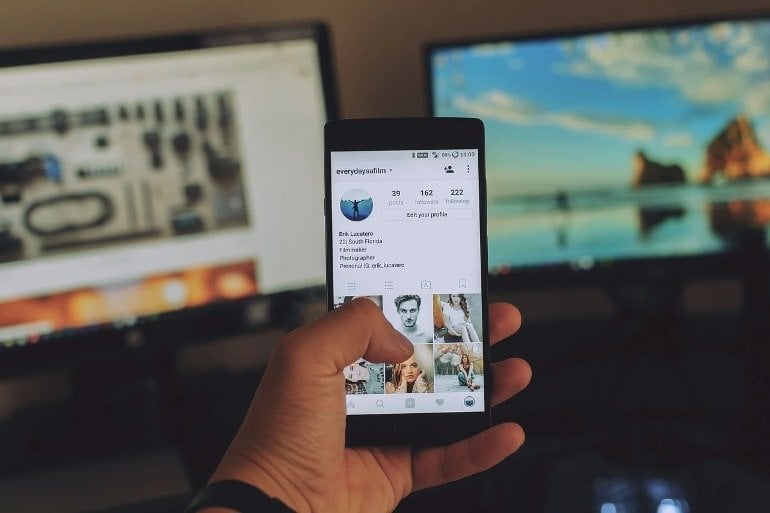Mindful
Diamond Member
- Banned
- #1
Sometimes when we are reading a good book, it’s like we are transported into another world and we stop paying attention to what’s around us.
Researchers at the University of Washington wondered if people enter a similar state of dissociation when surfing social media, and if that explains why users might feel out of control after spending so much time on their favorite app.
The team watched how participants interacted with a Twitter-like platform to show that some people are spacing out while they’re scrolling. Researchers also designed intervention strategies that social media platforms could use to help people retain more control over their online experiences.
The group presented the project May 3 at the CHI 2022 conference in New Orleans.
“I think people experience a lot of shame around social media use,” said lead author Amanda Baughan, a UW doctoral student in the Paul G. Allen School of Computer Science & Engineering.
“One of the things I like about this framing of ‘dissociation’ rather than ‘addiction’ is that it changes the narrative. Instead of: ‘I should be able to have more self-control,’ it’s more like: ‘We all naturally dissociate in many ways throughout our day – whether it’s daydreaming or scrolling through Instagram, we stop paying attention to what’s happening around us.'”
There are multiple types of dissociation, including trauma-based dissociation and the everyday dissociation associated with spacing out or focusing intently on a task.

 neurosciencenews.com
neurosciencenews.com
Researchers at the University of Washington wondered if people enter a similar state of dissociation when surfing social media, and if that explains why users might feel out of control after spending so much time on their favorite app.
The team watched how participants interacted with a Twitter-like platform to show that some people are spacing out while they’re scrolling. Researchers also designed intervention strategies that social media platforms could use to help people retain more control over their online experiences.
The group presented the project May 3 at the CHI 2022 conference in New Orleans.
“I think people experience a lot of shame around social media use,” said lead author Amanda Baughan, a UW doctoral student in the Paul G. Allen School of Computer Science & Engineering.
“One of the things I like about this framing of ‘dissociation’ rather than ‘addiction’ is that it changes the narrative. Instead of: ‘I should be able to have more self-control,’ it’s more like: ‘We all naturally dissociate in many ways throughout our day – whether it’s daydreaming or scrolling through Instagram, we stop paying attention to what’s happening around us.'”
There are multiple types of dissociation, including trauma-based dissociation and the everyday dissociation associated with spacing out or focusing intently on a task.

‘I Don’t Even Remember What I Read’: People Enter a ‘Dissociative State’ When Using Social Media - Neuroscience News
Researchers investigate why we "space out" and stop paying attention to the world around us when we become engrossed in social media posts.